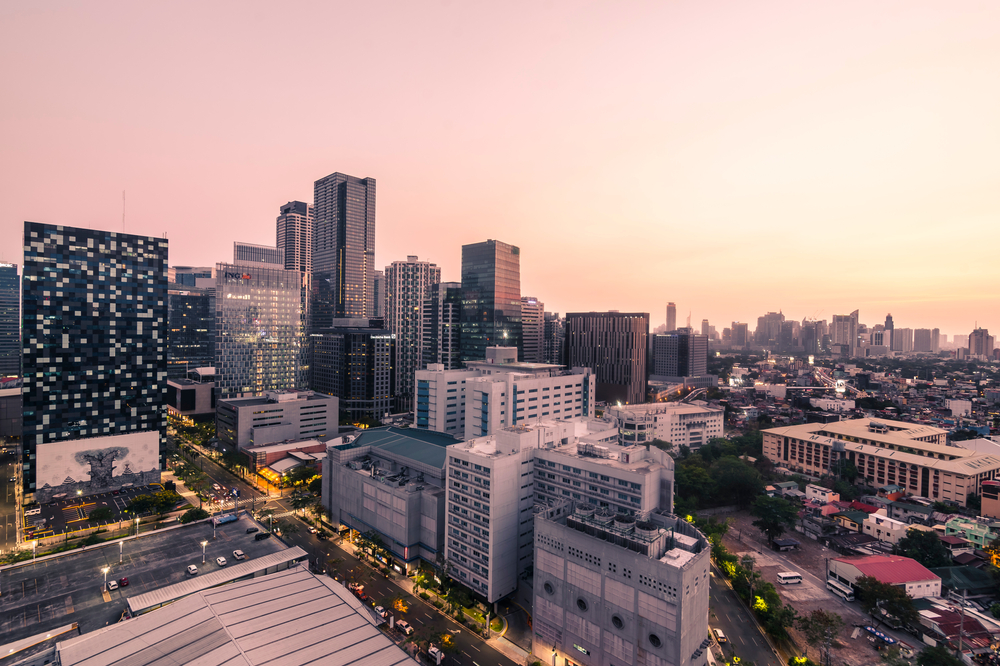E-commerce, viewed as a key contributor to the Philippines’ economic development
By 2025, its digital economy is slated to reach USD35 billion and up to USD150 billion by 2030

The Department of Trade and Industry (DTI) views e-commerce as a key contributor to the Philippines’ economic development, reported INQUIRER.net, or as Trade Secretary Alfredo Pascual said, “With the right policies, e-commerce can be the greatest equalizer for access to economic opportunities for our people.”
He added that the country’s internet economy grew 22 percent in the first half of 2022 despite local and global challenges. Pascual also said that it had the potential to grow at an average annual rate of 20 percent in the next three years.
Meanwhile, data from the Philippine Statistics Authority revealed that the value of digital economy went up to USD33.5 billion in 2021, contributing 9.6 percent to the country’s GDP, reported Philstar.
More: The Philippines revises Q2 economic growth rate
The digital economy is composed of digital transactions involving digital-enabling infrastructure, e-commerce, and digital material.
Last year, digital-enabling infrastructure accounted for 79.6 percent of digital transactions, reaching USD36.5 billion. E-commerce followed suit, contributing 17.6 percent and reaching USD5.8 billion, while digital media accounted for 2.8 percent or USD908.3 million.
According to the 2022 e-Conomy SEA Report, the Philippines is one of Southeast Asia’s fastest-growing digital investments. By 2025, its digital economy is slated to reach USD35 billion and up to USD150 billion by 2030.
According to the survey, 73 percent of investors expect deal activity in the local digital economy to increase between 2025 and 2030.
In 2022, after growing at a rate of 22 percent over the past year, the Philippine digital economy is expected to reach USD20 billion in Gross Merchandise Value (GMV).
“With the Philippines as the second fastest growing digital economy in SEA (next to Vietnam) in 2022 (at 22 percent YoY) and between 2022 to 2025 (at 20 percent CAGR), the country will be a hot investment hub across sectors including digital financial services,” the report stated.
The Property Report editors wrote this article. For more information, email: [email protected].
Recommended
Why everyone is moving to Selangor and Johor: Malaysia’s real estate comeback
Malaysia’s upturn in fortunes is especially prevalent in secondary destinations such as Selangor and Johor
Penang’s silicon boom: How the US-China tech war is supercharging local real estate
Penang’s booming semiconductor industry has created ripples within the local real estate sector
New leader, new opportunities: How Hun Manet is shaking up Cambodia’s real estate game
Hun Manet is overseeing decent economic growth and widening access to the country’s real estate market for foreigners
Singapore embraces inclusive housing reforms amid resilient demand
The Lion City’s regulatory strength continues to exert appeal for international investors








